Elected Members
Elaine Fuertes
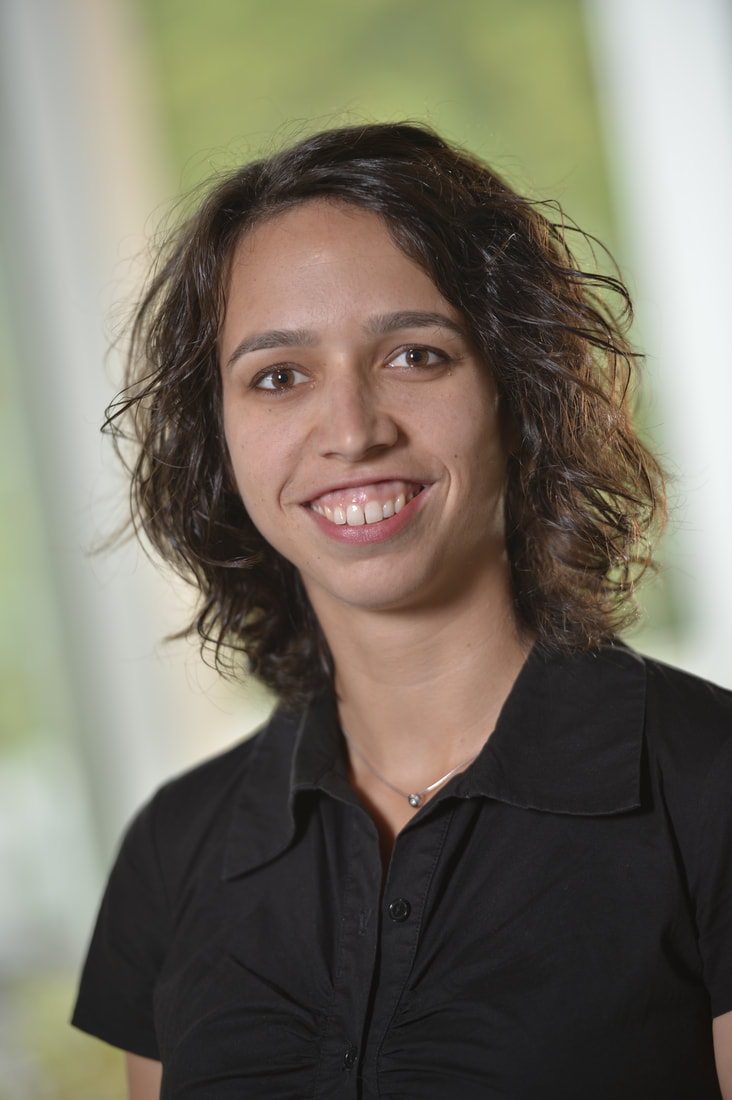
Elaine received her PhD from the School of Public Health at the University of British Columbia, Canada (2014). She also holds a Master of Science in Public Health (2009) and a Bachelor of Science in Biochemistry (2007). As part of her work, Elaine collaborates with several international and multidisciplinary groups throughout Canada and Europe. Most recently, she held a two-year Marie Sklodowska-Curie Fellowship at ISGlobal in Barcelona.
Elaine is currently co-chair of the ISEE Europe Chapter, a member of the ISEE Communications Committee and in the past, was a member of the Student and New Researchers Network (ISEE-SNRN) steering committee (2014-2016).
Contact: efuertes.work [at] gmail.com
Rajini Nagrani
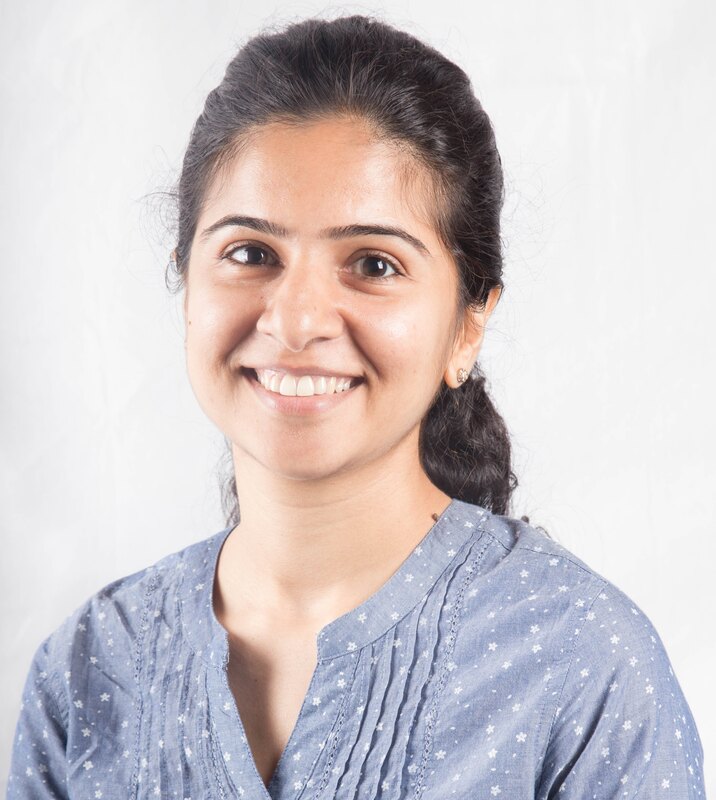
Her research focus is on healthy ageing and child health by identifying molecular and environmental markers for various non-communicable diseases.
contact: nagrani [at] leibniz-bips.de
Daniela Fecht
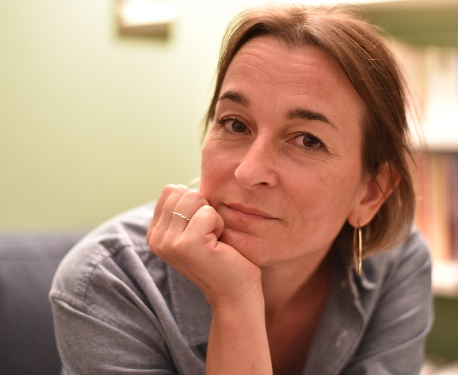 Daniela Fecht is an Associate Professor in Geospatial Health at the School of Public Health at Imperial College London. Her research focuses on geographical variations in population health, with particular focus on cities in Europe and Africa. Her research priority is to address the future challenges of environmental change (pollution levels, climate and land use) through effective adaptation and mitigation strategies. Daniela obtained a degree in biogeography from the Universität des Saarlandes in Germany and a PhD in environmental epidemiology from Imperial College London. She has worked extensively across international research collaborations with funding from Health Effects Institute, European Commission, Wellcome Trust and the Royal Society covering studies on air and noise pollution, child health and climate adaption.
Daniela Fecht is an Associate Professor in Geospatial Health at the School of Public Health at Imperial College London. Her research focuses on geographical variations in population health, with particular focus on cities in Europe and Africa. Her research priority is to address the future challenges of environmental change (pollution levels, climate and land use) through effective adaptation and mitigation strategies. Daniela obtained a degree in biogeography from the Universität des Saarlandes in Germany and a PhD in environmental epidemiology from Imperial College London. She has worked extensively across international research collaborations with funding from Health Effects Institute, European Commission, Wellcome Trust and the Royal Society covering studies on air and noise pollution, child health and climate adaption.
Anna Oudin
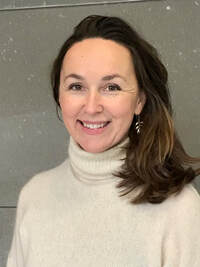
Konstantinos C. Makris
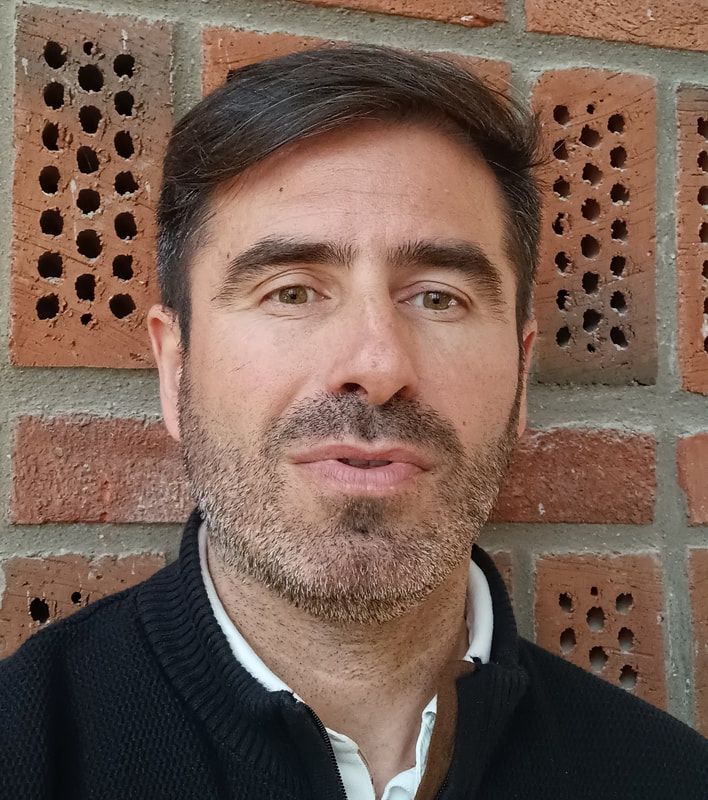
Dr. Makris leads the exposome-based water and health lab which aims to minimize the human health risk associated with chronic exposures to environmental stressors. Towards this goal, his team applies the human exposome methodological framework and its exposomic tools in population health studies conducted in Cyprus, Greece, France, Kuwait, the Netherlands, and Norway. He was one of the two investigators that conducted the cancer cluster investigation for the Astrasol brain cancer court case in Cyprus. Prof. Makris has been invited by >20 universities and organizations in the USA/EU to deliver research talks, such as in Harvard University, Emory University, University of Alberta, University of Delaware, etc., and he has presided >15 symposia in international conferences. He is currently leading the CHILDREN_FIRST Mediterranean child cohort network.
He first joined ISEE back in 2013. In joining ISEE Europe, Konstantinos would like to work together with ISEE colleagues from all regions of Europe towards advancing environmental health research and its dissemination and communication strategic plans. He is based in Cyprus, and he is willing to work together with the Society to tackle the major environment and health challenges of the Eastern Mediterranean region together with scientists from other European countries. He is willing to work with ISEE initiatives that widen participation and spread excellence to all European regions with respect to tackling health inequalities and planetary health challenges.
Contact: konstantinos.makris [at] cut.ac.cy
Kurt Straif
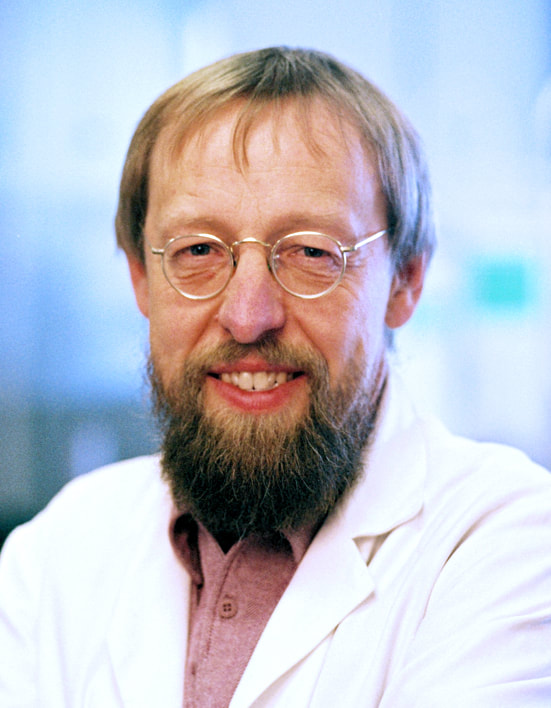
Kurt brings his strong international expertise in evidence synthesis and evidence integration to support ISEE Europe's strategic goals to inform evidence translation and policy development. During his time at IARC/WHO he focused on environmental risk and preventive factors for cancer, and since his retirement from IARC he has broadened his research portfolio to include topics of major public health importance, notably the health impact of the COVID-19 pandemic and the climate crisis.
Contact: straif.kurt [at] gmail.com
Katherine Ogurtsova
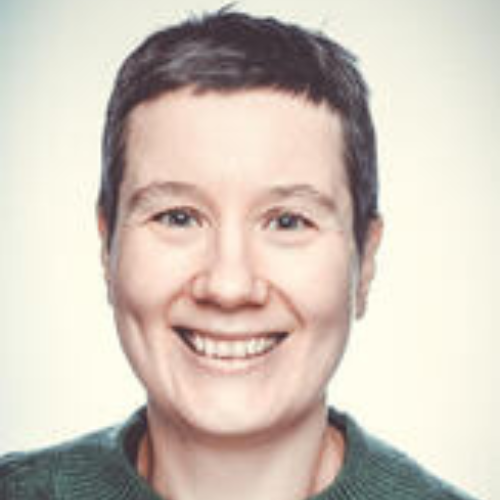
She holds an MSc in Medical Statistics and Modeling from Pirogov Russian National Research Medical University, Moscow, and a PhD in multistate models from the Max Planck Institute for Demographic Research, defended at the University of Groningen, Netherlands, in 2014.
Her research explores the long-term effects of ambient air pollution, noise, and social environmental factors on cognitive and brain health in adults and older adults. Her expertise lies in statistical methods for medicine, epidemiology, and public health, with a strong focus on methodological challenges. She also teaches R programming at HHU.
Contact: Katherine.Ogurtsova [at] hhu.de
